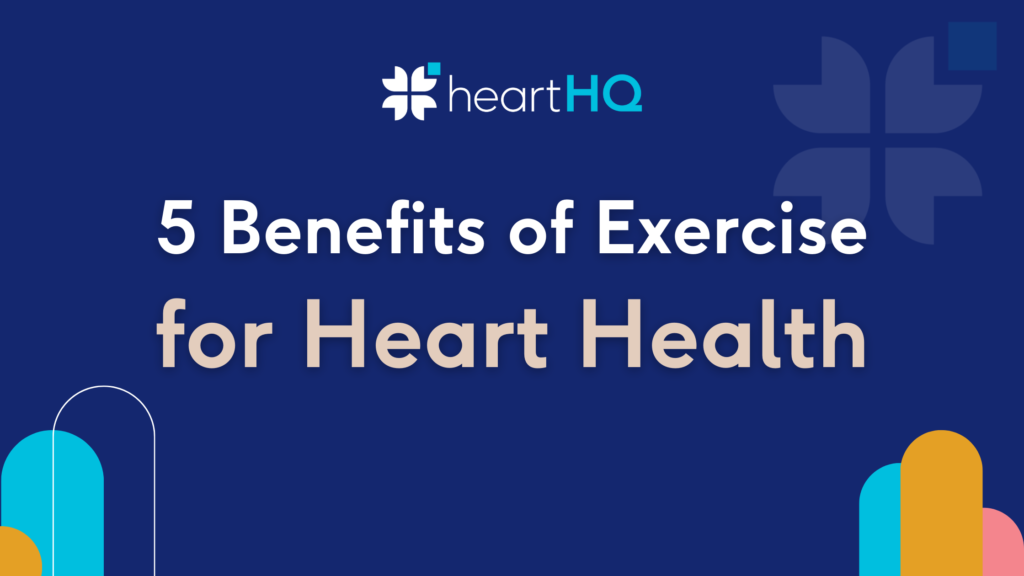
According to government guidelines, we should be physically active for 30-45 minutes a day, five times a week. We all know that exercise benefits our mind and bodies, but here we’ll take a look at the specific benefits of exercise for heart health.
But first, what exactly is ‘physical activity’?
Physical activity includes everyday activities, such as walking, climbing the stairs and housework.
According to the Heart Foundation, 90% of Australians could reduce the risk of heart disease by walking for as little as 15 minutes more than they currently do each day.
Walking is a great way to introduce exercise into your everyday – it’s free, you can do it any time and it’s low-impact, meaning most people can manage it fairly easily. Of course, everyone is different and you should speak to your doctor if you have any concerns (see below).
If you can, also try to include a range of cardio and strengthening exercises. Cardio exercises include swimming, jogging, playing tennis and using a skipping rope. Strengthening exercises include using dumbbells or resistance bands, push-ups and squats. Again, speak to your doctor if you have any concerns, especially if you have a pre-existing medical condition.
Benefits of exercise for heart health
- Exercise helps with weight control
Being overweight is a risk factor for cardiovascular disease. But, being physically active, especially when combined with a healthy diet, is a key factor in helping to lose weight and maintain a healthy body weight.
- Exercise can lower blood pressure
High blood pressure is another risk factor for cardiovascular disease. The good news is that exercise can help reduce your blood pressure by making your heart stronger, so it is more able to pump blood with less effort.
- Exercise can help to lower stress
Exercise is great for your mind, as well as your body, and can help to alleviate stress. Stress hormones are not good for your heart health as they can increase blood cholesterol, blood sugar and blood pressure – all of which are risk factors for cardiovascular disease.
- Exercise strengthens muscles
Cardio and strengthening exercises help strengthen your muscles, which means they are better able to take oxygen from your blood. This means that the heart doesn’t have to work so hard to get blood to those muscles.
- Exercise can help to regulate blood sugar
Exercise lowers blood glucose levels and improves insulin sensitivity. This can help to reduce the risk of developing diabetes by over 50% – if you have diabetes, you’re twice as likely to have cardiovascular disease. In those with diabetes, physical activity also helps to reduce cardiovascular disease risk.

When to consult a doctor
While most people are fine to undertake light to moderate activity, it’s important to talk to your doctor if you have any pre-existing medical conditions before you start.
You should also speak to your doctor if you experience any of these symptoms while exercising:
- Chest pain
- Difficulty breathing
- Feeling faint or dizzy
- A heartbeat that’s irregular or too fast.
To find out more about the tests we offer to help support your heart health, click here.
Remember, it is never too late to start taking care of your heart, and even small changes can make a big difference in improving your heart health.
Stay up to date and learn with us by following us on Social Media
Instagram: https://www.instagram.com/_hearthq
Facebook: https://www.facebook.com/hearthqcardiology/
YouTube: https://www.youtube.com/@hearthq7728/videos
Spotify Podcast: https://open.spotify.com/show/43O54rVkh99KquK7Ak5L1a
Website: https://hearthq.com.au/